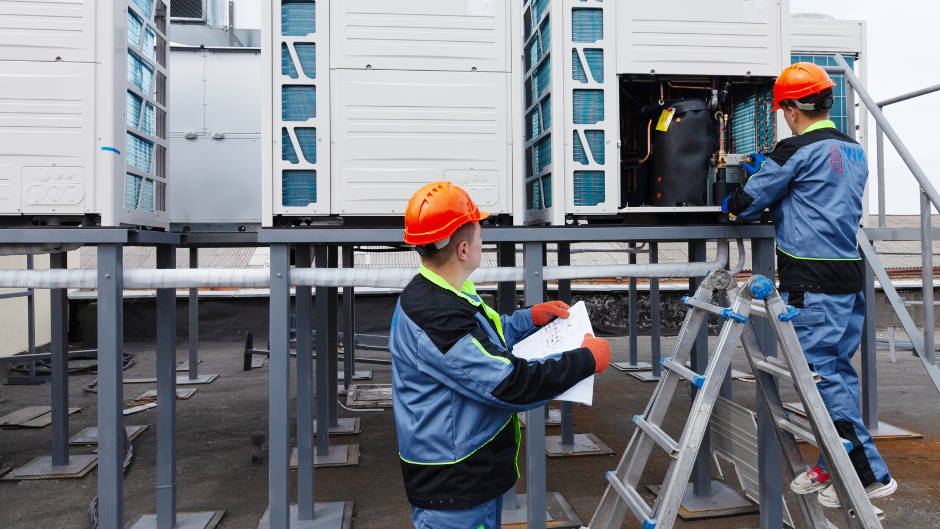National Science Foundation (NSF) Advanced Technology Education Initiative:
Educating Technicians for Building Automation and Sustainability
A project supported by the National Science Foundation
Laney is spearheading curriculum, lab development, and research efforts to prepare a growing green building technician workforce with the complex skills and knowledge needed to become sustainability agents in new and existing buildings. Supported by the National Science Foundation, Laney is focusing on the following project components:
Curriculum Development
- New advanced coursework, certificate and AS degree in controls, building automation systems and energy management
- Expansion of Physics for Building Science high school program and teacher training
- Faculty peer exchanges, networking, and technical assistance with partnerships.
Labs and Instructional Tools Development
- Integration of multi-vendor control system in commercial HVAC lab
- Development of multi-vendor building automation test-bench lab
- Development of problem-based case studies
Research
- Conduct original research to map the gaps between building technicians’ capabilities and building automation system management requirements Report: (Current Situation and Trends in Buildings and Facility Operations) and (NEW): Case studies on Best Practices in Facility Management and Operations
- Create extensive documentation of best energy management practices for HVAC technicians
Partners
- Project partners include industry, schools, community colleges, university partners, utilities, government, community-based organizations, and research agencies
Building Technicians are Key to Global Warming Solutions
According to data form the U.S. Energy Information Administration and the Architecture 2030 Initiative, buildings are responsible for almost half of all greenhouse gas emissions. Seventy-six percent of all electricity generated by U.S. power plants goes to supply the ‘Building Sector.’ The potential for energy savings due to improved building operations and management is vast. Technicians trained in energy management, advanced controls, data analysis and performance monitoring, and whole systems design now have a key role in increasing energy efficiencies and reducing greenhouse gas emissions. ECT instructors regularly solicit feedback from government, utility, and industry partners to strengthen the program’s focus on energy efficiency skills.







